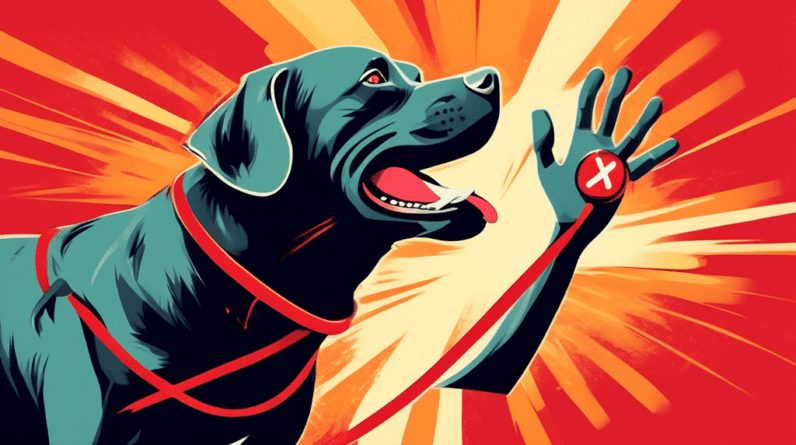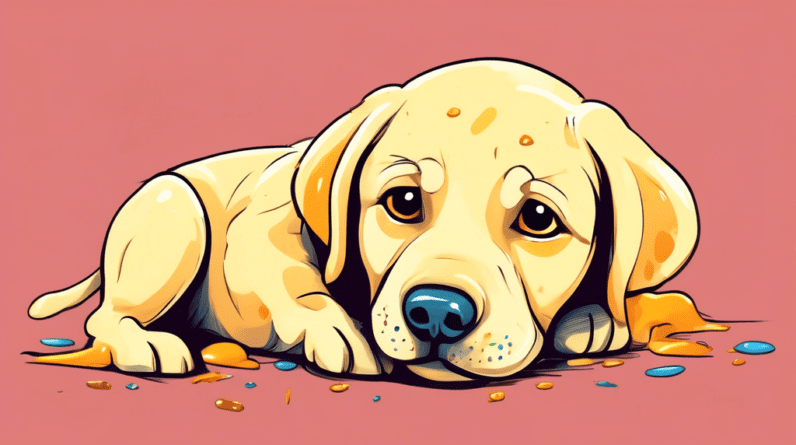
How Much Should a Lab Puppy Weigh?
Bringing home a new Labrador Retriever puppy is an exciting time, filled with adorable puppy antics and endless cuddles. As your furry friend grows from a tiny ball of fluff into an energetic companion, you might wonder, How much should my Lab puppy weigh? Understanding the growth milestones and weight ranges for Labrador Retrievers is crucial for ensuring their healthy development. This comprehensive guide will cover everything you need to know about Lab puppy weight, from birth to adulthood.
Factors Influencing Lab Puppy Weight
While we can provide general guidelines for Lab puppy weight, it’s important to remember that every dog is unique. Several factors can influence a Lab puppy’s weight, including:
- Genetics: Just like in humans, genetics play a significant role in a puppy’s size and weight. Puppies from larger parents are more likely to be larger themselves.
- Gender: Male Labrador Retrievers tend to be larger than females, both in height and weight.
- Diet: Providing a balanced and nutritious diet is crucial for healthy growth. High-quality puppy food formulated for large breeds will contain the necessary calories, protein, and nutrients.
- Exercise: Regular exercise helps build muscle and maintain a healthy weight. However, it’s essential to avoid overexerting a growing puppy’s joints.
- Health Conditions: Certain medical conditions can affect a puppy’s growth rate. If you have concerns about your puppy’s weight or overall health, consult your veterinarian.
Labrador Retriever Puppy Weight Chart
The following chart provides a general guideline for Labrador Retriever puppy weight from birth to 12 months of age. Keep in mind that these are just averages, and your puppy’s weight may vary:
| Age | Male (lbs) | Female (lbs) |
|---|---|---|
| Birth | 1 – 1.5 | 1 – 1.5 |
| 2 weeks | 2.5 – 3.5 | 2.5 – 3.5 |
| 4 weeks | 5 – 7 | 5 – 7 |
| 6 weeks | 9 – 12 | 8 – 11 |
| 8 weeks | 14 – 18 | 13 – 17 |
| 10 weeks | 19 – 23 | 18 – 22 |
| 12 weeks | 24 – 28 | 22 – 26 |
| 16 weeks | 33 – 40 | 30 – 37 |
| 6 months | 45 – 55 | 40 – 50 |
| 9 months | 55 – 65 | 50 – 60 |
| 12 months | 65 – 75 | 55 – 65 |
Monitoring Your Lab Puppy’s Growth
Regularly monitoring your Lab puppy’s growth is essential to ensure they’re on track. Here are some tips for tracking your puppy’s weight:
- Weigh your puppy weekly: This will help you identify any significant weight fluctuations early on.
- Use a body condition score chart: This visual tool can help you assess your puppy’s overall body condition and determine if they’re at a healthy weight.
- Consult your veterinarian: Your vet can provide personalized guidance based on your puppy’s individual needs.
Feeding Your Lab Puppy
Feeding your Lab puppy a balanced and nutritious diet is crucial for their growth and development. Here are some feeding tips:
- Choose a high-quality puppy food: Look for food formulated for large breed puppies and meets the nutritional requirements set by the Association of American Feed Control Officials (AAFCO).
- Follow the feeding guide on the food packaging: These guidelines provide a starting point for how much to feed your puppy based on their age and weight.
- Feed multiple small meals throughout the day: Puppies have small stomachs and benefit from multiple feedings. Aim for three to four meals per day for puppies under six months of age.
- Provide fresh water at all times: Water is essential for hydration and overall health.
- Avoid overfeeding: Overfeeding can lead to obesity and joint problems. Consult your veterinarian if you have concerns about your puppy’s weight.
Exercise for Lab Puppies
Regular exercise is essential for Lab puppies to build muscle, maintain a healthy weight, and burn off excess energy. However, it’s important to avoid overexerting their developing joints. Here are some exercise tips:
- Start with short, frequent walks: Aim for two to three short walks per day, gradually increasing the duration as your puppy grows.
- Incorporate playtime into their routine: Playing fetch, tug-of-war, and other interactive games provides mental and physical stimulation.
- Avoid high-impact activities: Activities like running on hard surfaces, jumping from heights, and prolonged strenuous exercise can stress your puppy’s joints.
- Listen to your puppy: If your puppy shows signs of fatigue, such as panting excessively, slowing down, or lying down, it’s time for a break.
Labrador Retriever Adult Weight
By the time Labrador Retrievers reach 12-18 months of age, they will have typically reached their full adult weight. The average weight for an adult male Labrador Retriever is between 65-80 pounds, while females typically weigh between 55-70 pounds. However, individual dogs may vary slightly in weight depending on the factors mentioned earlier.
Maintaining a Healthy Weight
Once your Lab reaches adulthood, it’s essential to continue monitoring their weight and adjust their diet and exercise routine accordingly. Maintaining a healthy weight is crucial for preventing obesity and associated health problems, such as joint pain, diabetes, and heart disease. Here are some tips for keeping your adult Lab at a healthy weight:
- Feed a balanced diet: Switch to a high-quality adult dog food formulated for large breeds and adjust the amount based on your dog’s activity level and metabolism.
- Provide regular exercise: Aim for at least 30 minutes of moderate-intensity exercise daily. This could include brisk walks, swimming, hiking, or playing fetch.
- Avoid excessive treats: Treats should make up no more than 10% of your dog’s daily caloric intake.
- Schedule regular vet checkups: Your veterinarian can monitor your dog’s weight and overall health, providing recommendations as needed.
Conclusion
Understanding the growth milestones and weight ranges for Labrador Retrievers is crucial for ensuring their healthy development. By monitoring your puppy’s growth, feeding them a balanced diet, providing regular exercise, and scheduling regular vet checkups, you can help your Lab live a long, healthy, and fulfilling life.






